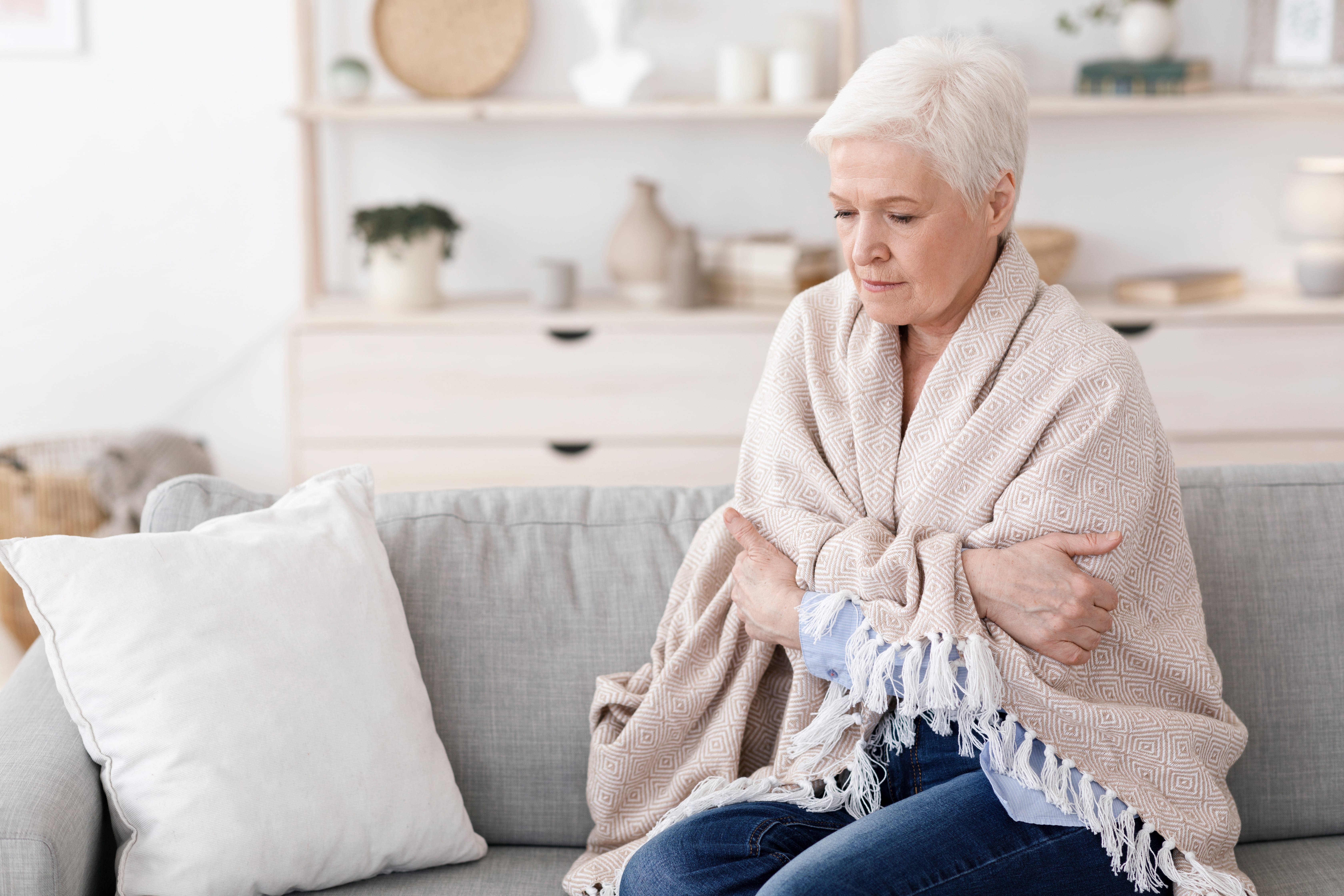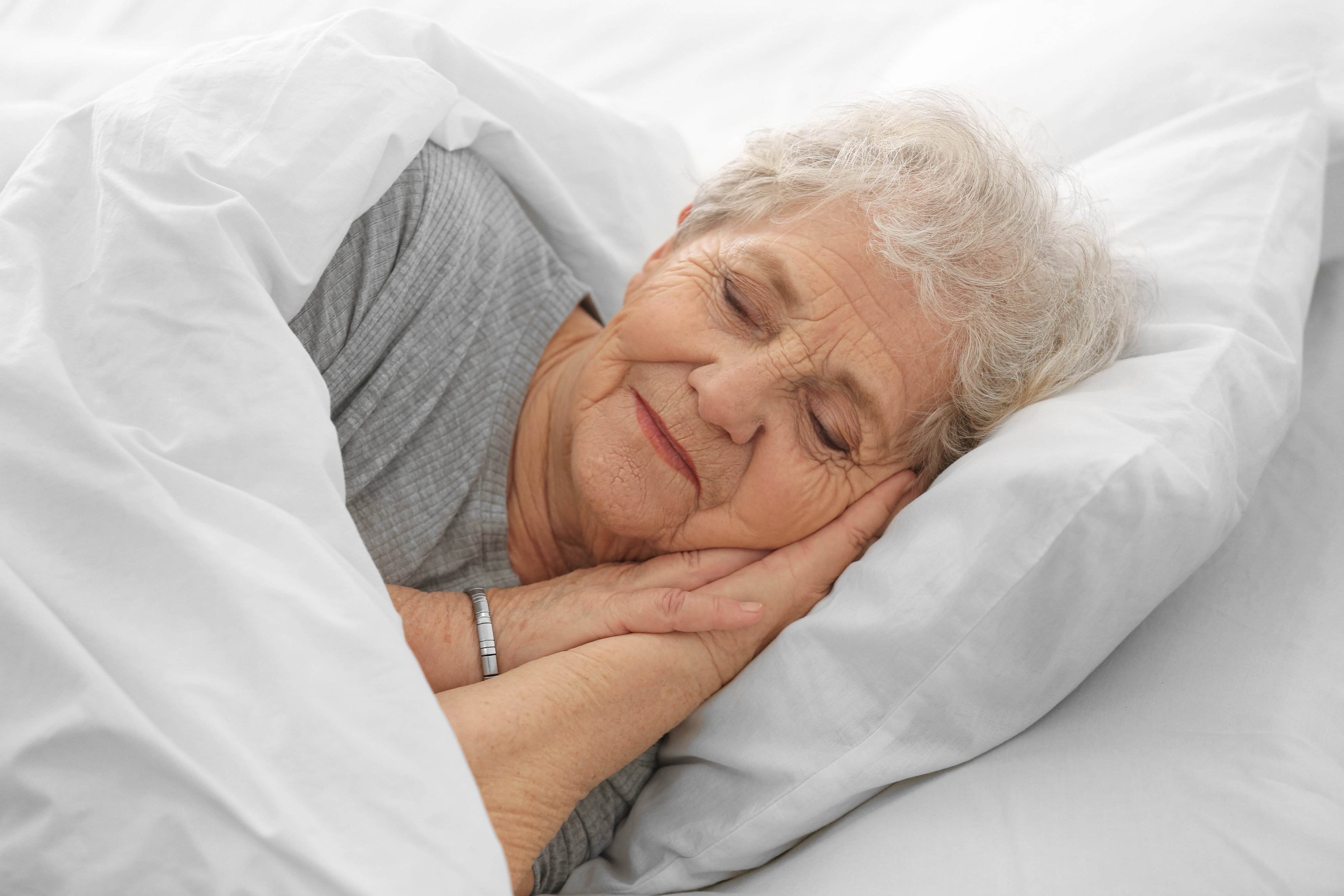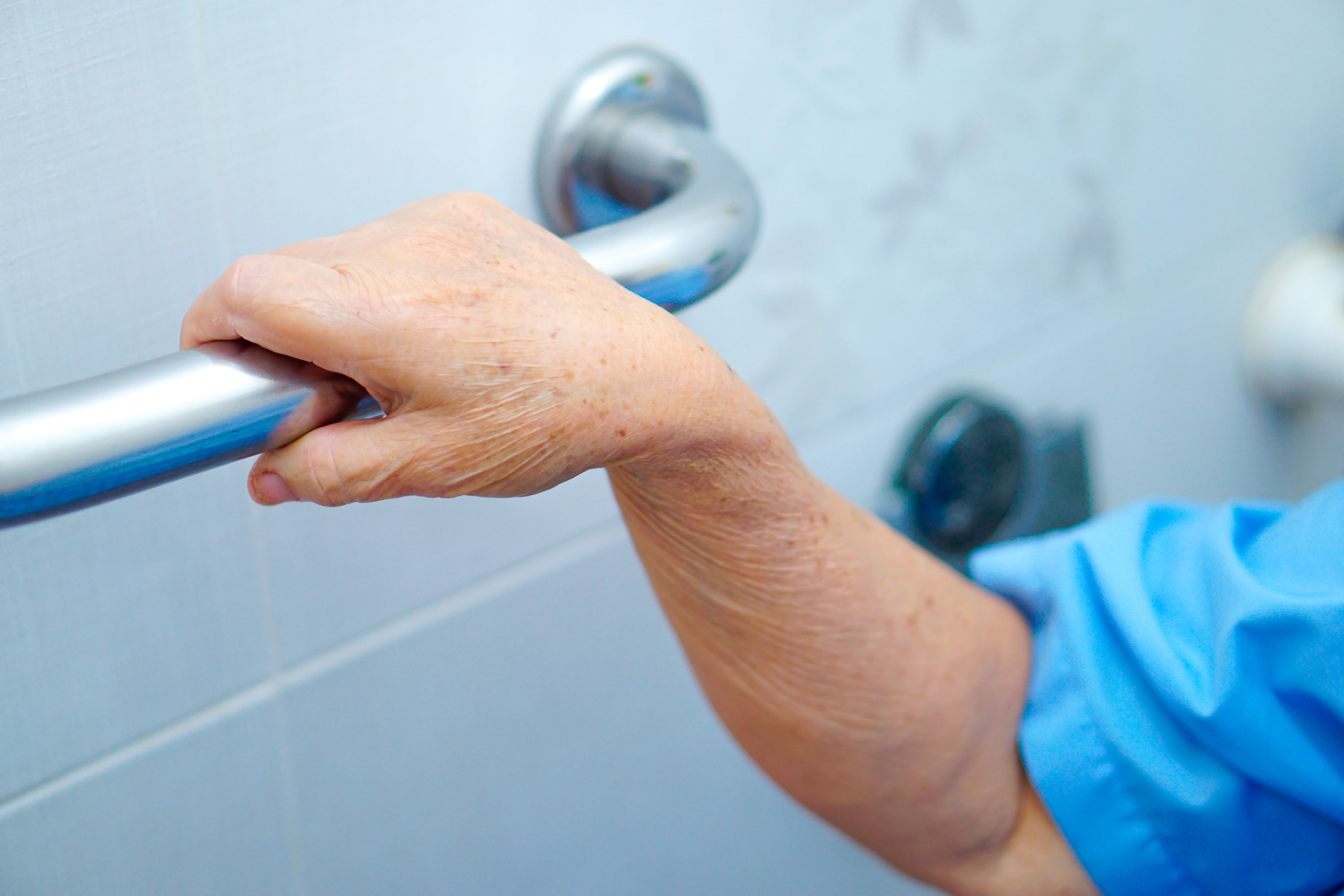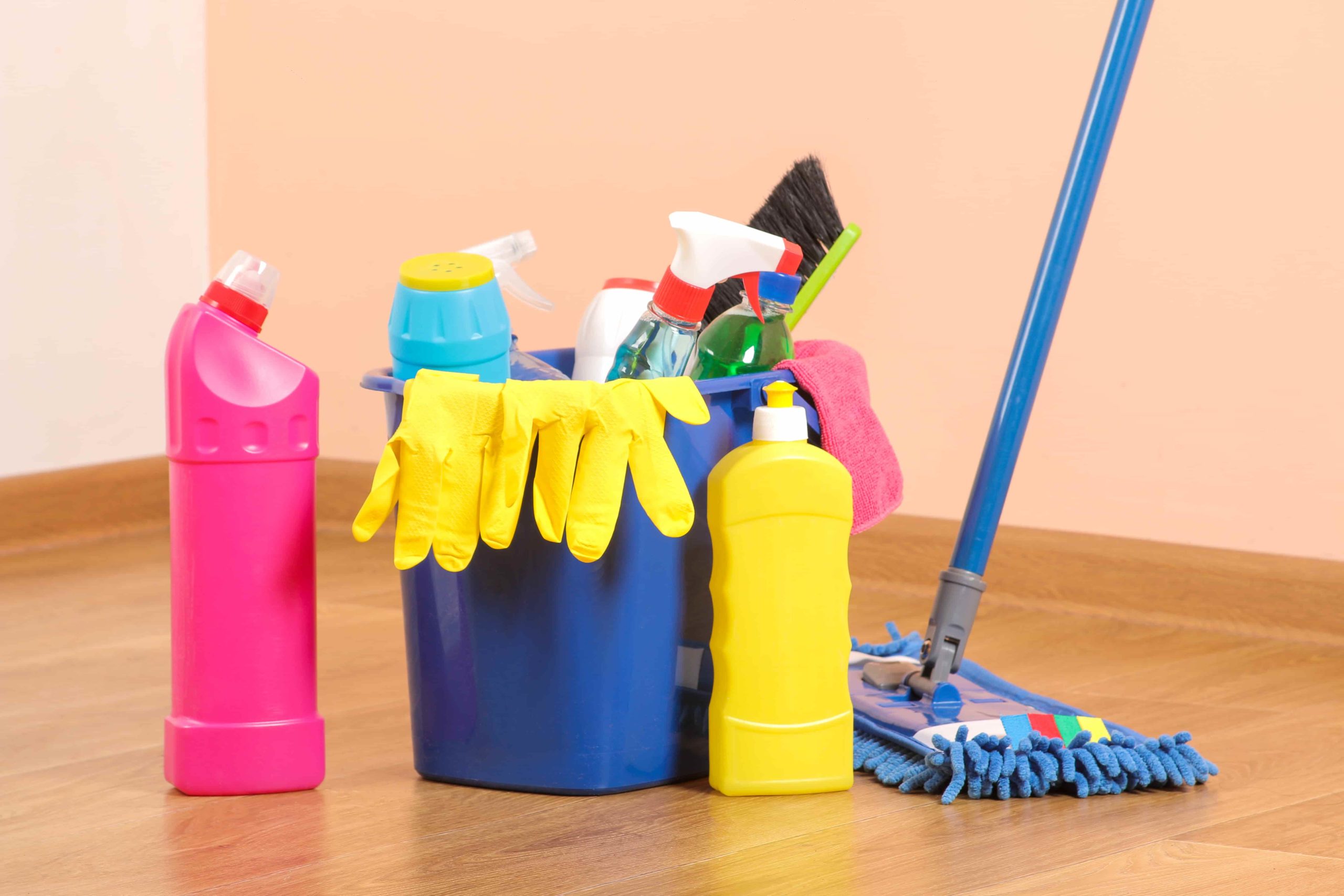Resources
Mobile Resource Library Tabs
Filters
Search
Categories Navigation
Asset Publisher
Content with Topic Help at Home .
Resources

Tips to Prepare Your Older Loved One for Winter During the Pandemic
After getting by for most of the year under the shadow of the COVID-19 pandemic, many of us have been able to adapt to this new normal. However, the coming winter will reintroduce challenges not seen to the same extent since the early months of the pandemic, such as the return of cold and flu season and limited opportunities to interact in safer outdoor environments. The holiday season is also approaching, forcing all of us to consider how our usual celebrations and traditions will have to adapt to the times.
Read MoreBy Julie Hayes | 11/16/2020

Coping with an Older Loved One’s Sleep Issues
While chronic health conditions and medication interactions may also affect the sleep patterns of older adults, living under the constraints of the COVID-19 pandemic has further added to these challenges. Activities and finances have been disrupted, isolation has made people feel depressed, many are less physically and mentally active, fears around health and contact with others dominate public thinking and uncertainty has filled every aspect of daily living.
Read MoreBy Lisa Weitzman | 11/16/2020

How to Find Respite as a Caregiver During COVID-19
Carving out time in our day dedicated to ourselves with no outside distractions is challenging enough during the best of times. But during the COVID-19 pandemic, many of these distractions are coming from inside—and with ‘inside’ being the safest location to be, it may feel next to impossible to get away from them. Those who are sandwich generation caregivers may be juggling work tasks with 24/7 parenting and managing the care of an older loved one, leaving no moments of the day set aside for personal time and self-care. For others, loved ones may need more frequent support if their adult day programming or senior center activities are still canceled or reduced. Or, many of us may simply be struggling to find avenues of self-care and respite when the relaxing activities we previously enjoyed—going to the spa, scheduling a vacation—may not be as simple as they once were.
Read MoreBy Julie Hayes | 09/14/2020

Bathroom Safety for a Loved One with Late Stage Dementia
These days, about 80 percent of people with Alzheimer’s disease and related dementias (ADRD) stay in their own homes with the support of family and friend caregivers rather than move to long-term care facilities. While aging in place can provide a loved one with a familiar, comforting space, it can also lead to challenges related to the safety of the home environment. Things around the house like stairwells, area rugs, medicine cabinets and knife blocks that were once a normal part of a loved one’s living space may now present new dangers with ADRD.
Read More09/14/2020

Helping an Older Loved One with Housekeeping
As caregivers, we may need to step up and lend a hand with keeping the household tidy, especially if clutter becomes a tripping hazard or important areas of the house such as the kitchen or bathroom are becoming unsanitary. However, we should also be sure to empower a loved one to continue doing the household tasks they are still capable of doing by trying different strategies that allow them to stay both safe and independent.
Read More09/14/2020
